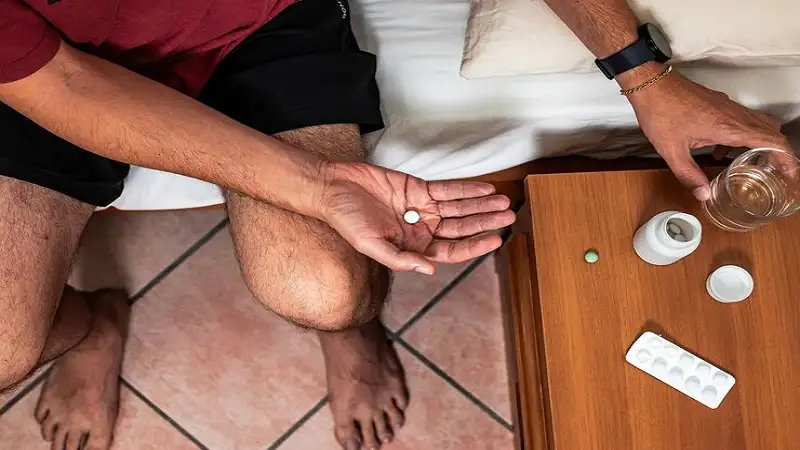Addiction is not just a physical condition—it has deep emotional and psychological roots. To achieve long-term recovery, individuals must address the emotional wounds that often fuel substance abuse. Reflexology, when used alongside traditional therapies such as counseling and cognitive behavioral therapy (CBT), can facilitate emotional healing by promoting relaxation and reducing stress.
For individuals receiving addiction treatment, emotional healing is a key component of sustained recovery. Reflexology helps bring balance to the body’s energy systems, which in turn supports emotional stability. The calming nature of reflexology allows individuals to release negative emotions, process past trauma, and develop healthier coping mechanisms. As a result, reflexology can help individuals build the emotional resilience needed to face the challenges of addiction recovery.
Additionally, reflexology can provide a space for introspection and self-care. During addiction treatment, taking the time to focus on one’s well-being and emotional needs can make a significant difference in the healing process. By incorporating reflexology sessions into their routine, individuals can create a sense of peace and mental clarity that supports their recovery journey.
Supporting Physical Recovery Through Reflexology
The physical toll of addiction is immense, particularly for individuals battling alcohol use disorder. Prolonged substance abuse can lead to a range of health issues, including liver damage, digestive problems, and weakened immune function. Reflexology can help alleviate some of these physical symptoms by stimulating the body’s natural healing processes.
In addiction treatment, reflexology is often used to support the detoxification process. By targeting pressure points associated with the liver, kidneys, and digestive system, reflexologists aim to enhance the body’s ability to process and eliminate toxins. This can make the detox process more comfortable and reduce the severity of withdrawal symptoms.
Reflexology can also improve circulation, reduce inflammation, and boost immune function—all of which are essential for individuals in recovery. By promoting overall physical health, reflexology helps individuals feel stronger and more resilient, making it easier to stay focused on their sobriety goals.
While reflexology offers numerous benefits, it is important to note that it should be used as a complementary therapy, not a standalone treatment. Addiction treatment requires a comprehensive approach that includes medical care, counseling, and behavioral therapies. Reflexology can enhance the effectiveness of these treatments by providing additional support for emotional, physical, and mental well-being.
For individuals undergoing addiction treatment, incorporating reflexology into their recovery plan can provide an added layer of support. Many addiction treatment centers now offer holistic therapies, including reflexology, as part of their programs. This integrative approach allows individuals to address all aspects of their health and well-being, improving their chances of achieving long-term sobriety.
Reflexology is an emerging tool in the field of addiction treatment, offering a holistic approach to recovery that complements traditional therapies. By promoting relaxation, reducing cravings, and supporting physical healing, reflexology provides valuable support for individuals battling addiction. In addiction treatment, reflexology helps individuals manage withdrawal symptoms, improve emotional resilience, and enhance overall well-being. As part of a comprehensive addiction treatment plan, reflexology can play a vital role in helping individuals achieve lasting recovery and lead healthier, more fulfilling lives.

